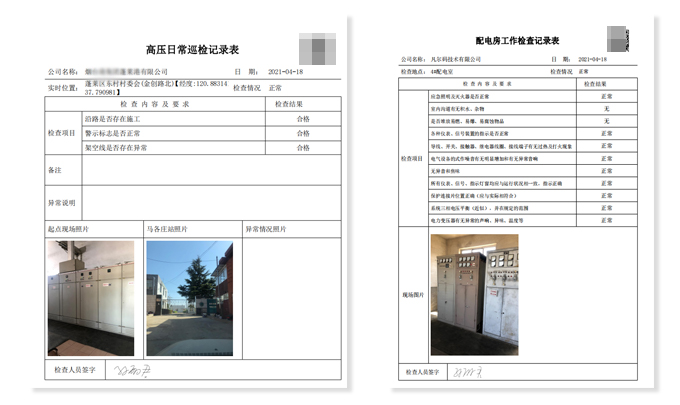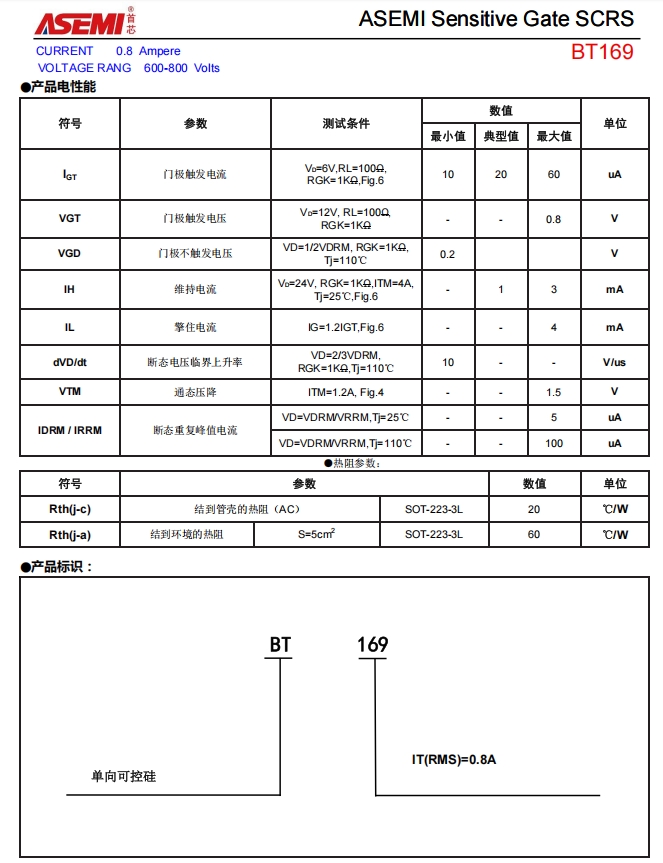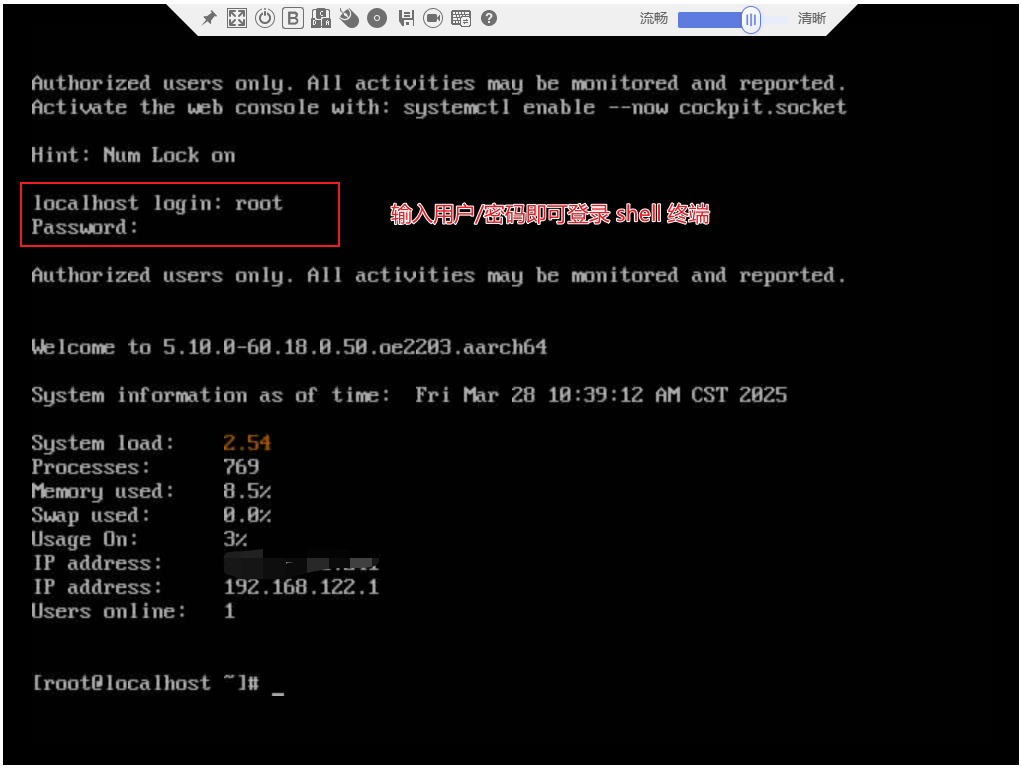一、快排(不稳定+O(NlogN))
分治思想,随机选一个数作为pivot,然后放到数组最后去,比这个元素小的放左边,比这个元素大的放右边。最后再交换左边放完后的下一个元素和pivot,这样就把一个元素排好序了,然后再递归把下一个元素排好序就可以了。
class Solution {
public int[] sortArray(int[] nums) {
quicksort(nums, 0, nums.length - 1);
return nums;
}
public void quicksort(int[] nums, int left, int right) {
if (left < right) {
int pos = partition(nums, left, right);//找到分区点
quicksort(nums, left, pos - 1);
quicksort(nums, pos + 1, right);
}
}
public int partition(int[] nums, int left, int right) {
int randomindex = new Random().nextInt(right - left + 1) + left;//将随机数的范围从相对偏移转换为绝对位置
swap(nums, randomindex, right);
int pivot = nums[right];
int i = left - 1;//标记“小于等于基准值”的子数组的边界
for (int j = left; j < right; j++) {
if (nums[j] <= pivot) {
i++;
swap(nums, i, j);
}
}
swap(nums, i + 1, right);
return i + 1;
}
public void swap(int[] nums, int i, int j) {
int temp = nums[i];
nums[i] = nums[j];
nums[j] = temp;
}
}二、堆排序(O(NlogN))
堆其实是一个完全二叉树,根据堆的特性可以分为大根堆和小根堆,若节点下标为i,则左子节点下标为2i+1,右子节点下标为2i+2
用大根堆排序完的序列是正序的(递增)<先初始化一个大根堆,再交换元素>
用小根堆排序完的序列是倒序的(递减)
三、前K个高频元素
class Solution {
public int[] topKFrequent(int[] nums, int k) {
Map<Integer, Integer> map = new HashMap<>();
for (int i = 0; i < nums.length; i++) {
map.put(nums[i], map.getOrDefault(nums[i], 0) + 1);
}
PriorityQueue<int[]> pq = new PriorityQueue<>((pair1, pair2) -> pair1[1] - pair2[1]);
for (Map.Entry<Integer, Integer> entry : map.entrySet()) {//遍历每一个键值对
if (pq.size() < k) {
pq.add(new int[] { entry.getKey(), entry.getValue() });
} else {
if (entry.getValue() > pq.peek()[1]) {
pq.poll();
pq.add(new int[] { entry.getKey(), entry.getValue() });
}
}
}
int[] result = new int[k];
for (int i = k - 1; i >= 0; i--) {
result[i] = pq.poll()[0];
}
return result;
}
}四、数组中的第K个最大元素
使用优先级队列(数组中前k个高频元素简化版)
class Solution {
public int findKthLargest(int[] nums, int k) {
PriorityQueue<Integer> pq = new PriorityQueue<>();
for(int num:nums){
if(pq.size()<k){
pq.add(num);
}else{
if(num>pq.peek()){
pq.poll();
pq.add(num);
}
}
}
return pq.peek();
}
}手撕时要自己构建一个堆
最后一个非叶子节点的索引是 heapsize/2-1
class Solution {
public int findKthLargest(int[] nums, int k) {
int heapsize = nums.length;
buildmaxheap(nums,heapsize);
for(int i = 0;i<k-1;i++){
swap(nums,0,heapsize-1);
heapsize--;
maxheapify(nums,0,heapsize);
}
return nums[0];
}
public void buildmaxheap(int[] nums, int heapsize){
for(int i = heapsize/2-1;i>=0;i--){
maxheapify(nums,i,heapsize);
}
}
public void maxheapify(int[] nums,int i,int heapsize){
int left = 2*i +1,right = 2*i+2,largest = i;
if(left<heapsize&&nums[left]>nums[largest]){
largest=left;
}
if(right<heapsize&&nums[right]>nums[largest]){
largest=right;
}
if(largest!=i){
swap(nums,i,largest);
maxheapify(nums,largest,heapsize);
}
}
public void swap(int[] nums,int i,int j){
int temp = nums[i];
nums[i] = nums[j];
nums[j] = temp;
}
}
















